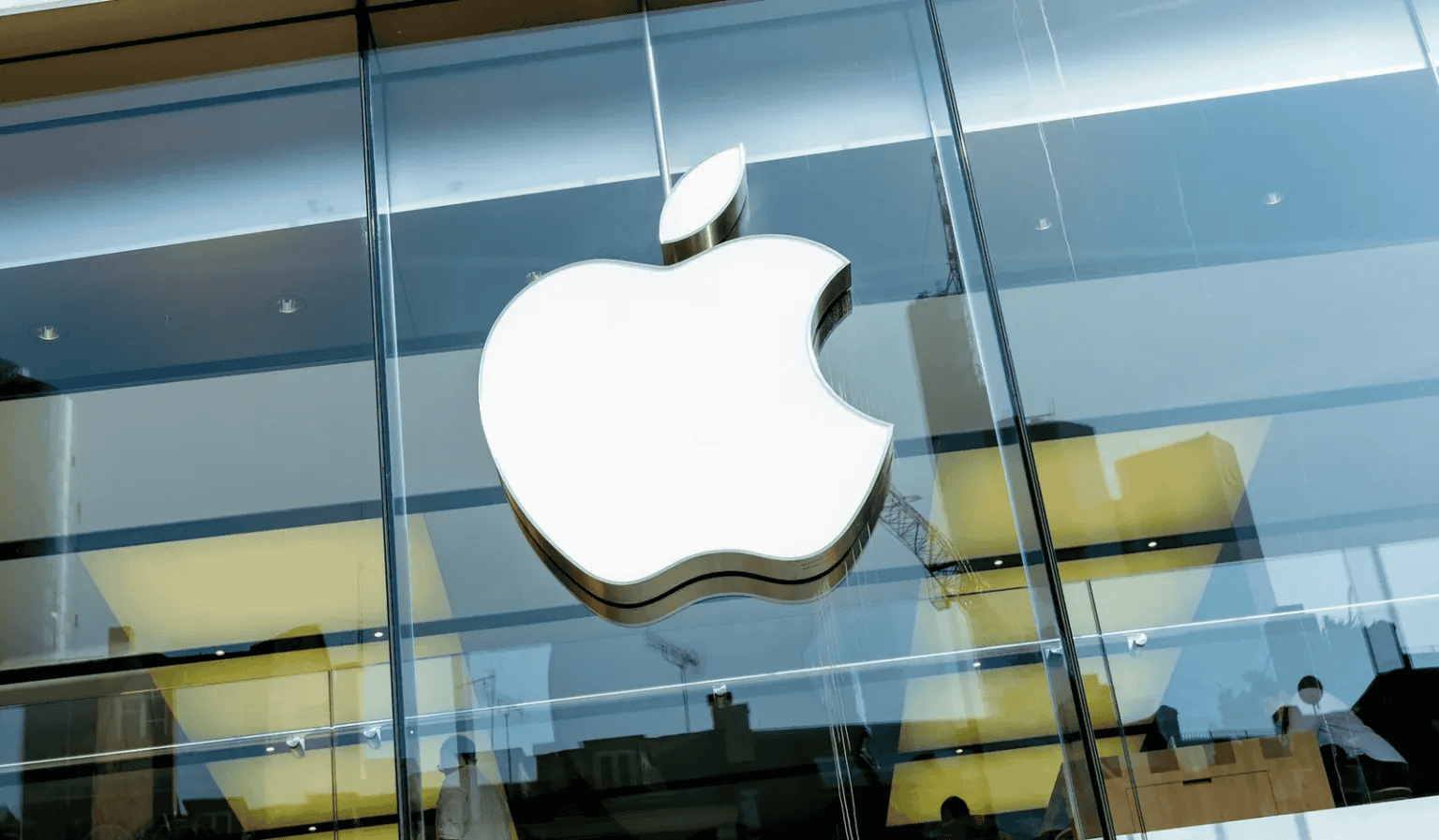Apple is planning to add artificial intelligence (AI) search engines to its Safari web browser. This move could challenge Google’s long-standing dominance in the search industry.
Eddy Cue, Apple’s Senior Vice President, confirmed this during testimony in the U.S. Justice Department’s antitrust case against Alphabet. He explained that Safari searches declined last month because users prefer AI tools.
Apple’s Strategy and Impact
Apple is considering AI search engines from companies like OpenAI, Perplexity, and Anthropic. It believes these AI tools may eventually replace traditional search engines such as Google. However, these AI services are unlikely to be the default search option soon.
The inclusion of AI search in Safari could disrupt the current financial arrangement where Google pays Apple about $20 billion annually. This deal secures Google as the default search engine on Safari and represents 36% of Google’s search advertising revenue from this browser.
Apple has already integrated OpenAI’s ChatGPT into its virtual assistant Siri. Meanwhile, Google seeks to include its Gemini AI in Apple devices. This competition marks a broader trend of AI integration in consumer technology.
Financial and Industry Consequences
The news caused Alphabet’s shares to drop by 6% and Apple’s by 2%. Investors worry that losing Google’s exclusivity on iPhones could greatly impact Google’s search ad business.
This shift may encourage advertisers to allocate budgets toward AI-powered search platforms rather than traditional search engines. Apple’s move signals a pivotal change in the internet search landscape.
Why This Matters
- The move challenges Google’s control over search on Apple devices.
- It highlights growing user preference for AI-powered information retrieval.
- Could reshape how search advertising revenue is distributed in the tech industry.
Apple’s choice to explore AI search providers is a direct response to changing user behavior. The company is actively discussing options, including talks with AI search engine Perplexity.
Such an evolution reflects the increasing importance of AI technologies in mainstream applications.
Critically, this move follows market trends where AI tools provide concise answers, reducing the need for traditional search methods. The transition might reshape the way users interact with the web.
The development exemplifies how major tech companies are reacting to AI’s growing influence in consumer devices, impacting future competition and innovation.

Leave a Reply